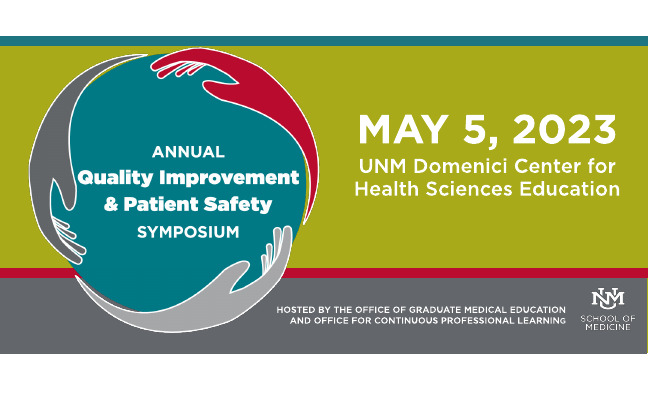Document Type
Poster
Publication Date
Spring 5-21-2021
Abstract
Patient satisfaction while receiving high risk Obstetrics care via telemedicine during SARS-COV-2 Pandemic
Aim: The SARS- COV-2 pandemic has drastically changed the way healthcare providers deliver care to both obstetric and non-obstetric patients. Pregnant women have a higher risk of developing complications from viral infections, such as SARS-COV-2. As the use of telemedicine for prenatal care increases, the impact of telehealth on underserved patients is unclear. The primary aim of our study is to understand how providing telemedicine care during SARS-COV-2 has affected patient satisfaction and overall patient experience in pregnant women receiving care in New Mexico.
Methods: This qualitative study was conducted between April 2020 and November 2020. Inclusion criteria consisted primarily of patients referred for a maternal - fetal medicine consult through telemedicine after SARS-COV-2 policies went into effect. Participants were recruited during their appointment. Interested patients were consented and both a patient satisfaction and a demographic questionnaire were given to patients either in person after their appointment or via telephone interviews conducted at a later date. Questionnaires and interviews were conducted in both English and Spanish. The responses were graded on a 5-point Likert scale based on a validated tool.
Results: Our study population consisted of 152 adult women: 72% Native American patients (N=108), 23% Hispanic/Latino patients (N=35), and 5% Caucasian patients (N=7). Based on Primary RUCA Codes, study participants' zip code demographics were classified as Urban (49.32%; N= 72 )and Rural ( 50.68% ; N= 74) respectively. For the statement: “Overall I am satisfied with the quality of service being provided via telemedicine “ 54% (N=81) agreed, while 41% (N=62) strongly agreed. In another question, 32% (N=49) of patients strongly agreed that the communication between the patient and provider was clear; and another 52% (N=79) agreed to the same question. 38% (N=58) of patients strongly agreed that they could safely talk about their physical and emotional issues during the virtual visit and another 54% (N=82) agreed to the same question. Less than 1% (N=1) strongly disagreed regarding satisfaction with the quality of service provided.
Conclusion: Our study has shown that telemedicine can be used to provide high satisfaction and a valuable patient experience that complements prenatal care in underserved rural and urban areas. The results also suggest that a telemedicine visit can still provide a safe and comfortable environment for addressing a patient's personal issues. Even after the SARS-COV-2 pandemic subsides, protocols to provide telemedicine care should be investigated and developed. Quality care can be provided via telemedicine and seems to be a reasonable alternative to providing in-person care.
Recommended Citation
Link, Remy; Eliana Garcia; Rachel Ruckman; Jaquelyn Blackstone; Vivek Katukuri; and Luis Izquierdo. "Patient Satisfaction While Receiving High-risk Obstetrics Care via Telemedicine During SARS-COV-2 Pandemic." (2021). https://digitalrepository.unm.edu/hsc_qips/53

